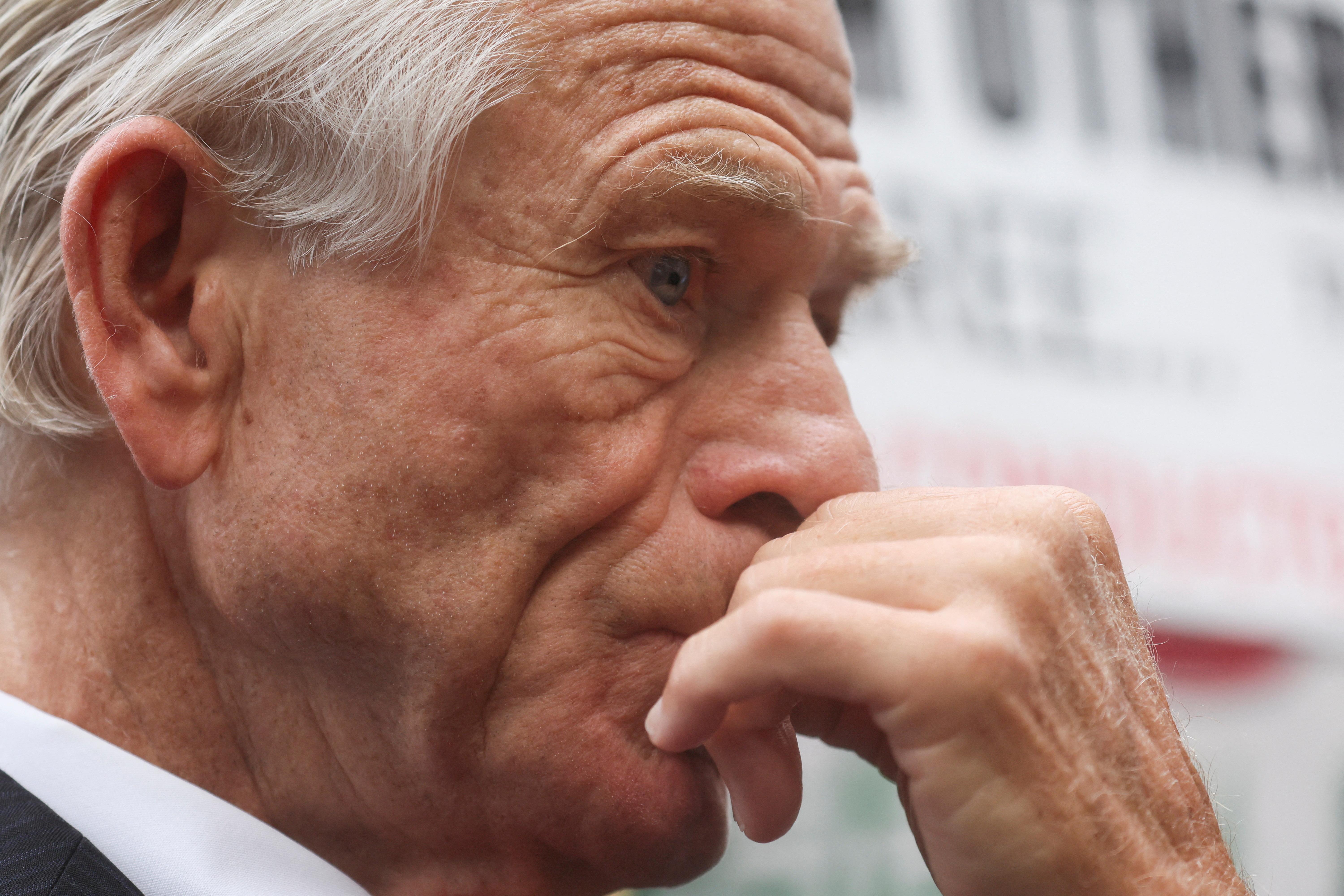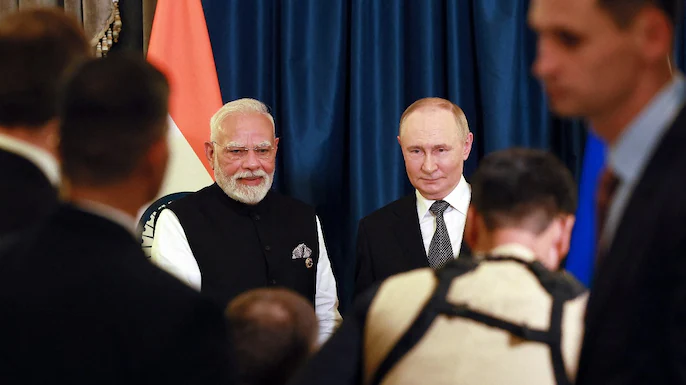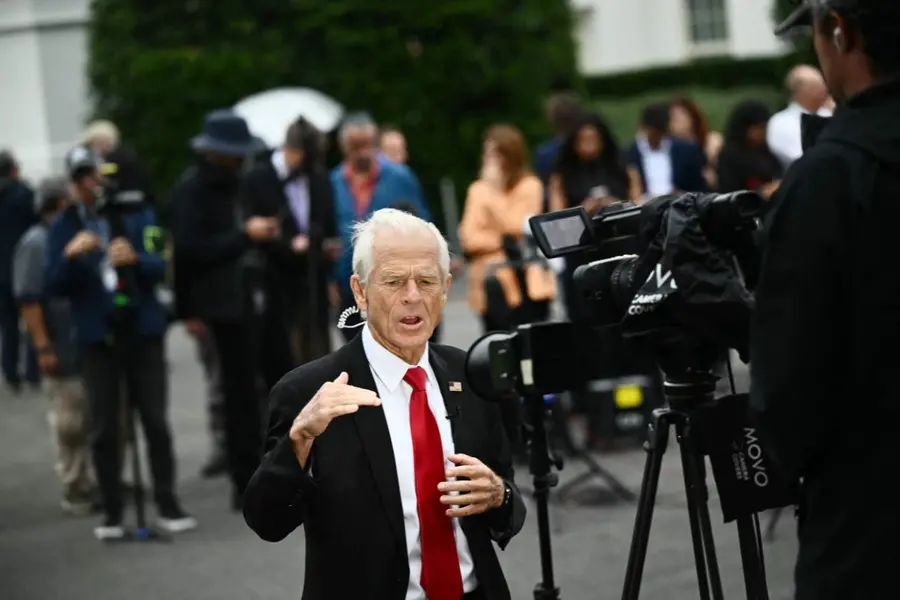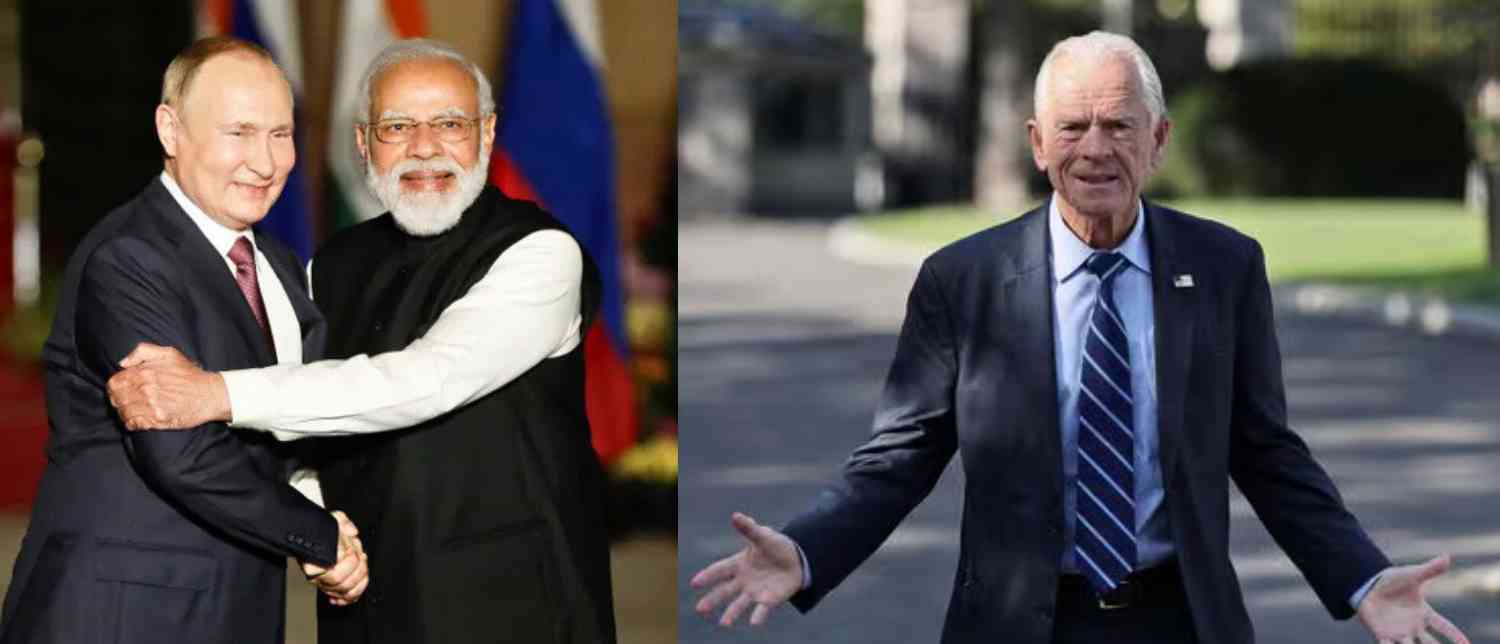Prime Minister Narendra Modi's recent interactions at the Shanghai Cooperation Organisation (SCO) Summit 2025 in China, especially his engagement with Russian President Vladimir Putin and Chinese President Xi Jinping, sparked sharp criticism from U.S. trade adviser Peter Navarro. Navarro's comments reflect ongoing tensions in global diplomatic alignments and highlight the complexities India faces in balancing its foreign relations.

At the SCO Summit, Modi was seen fostering close ties with Putin and Xi during high-profile meetings, emphasizing regional cooperation, connectivity, and economic partnerships. Modi highlighted the importance of boosting trade and trust among SCO member states to foster growth and stability in the Eurasian region. His meetings included a warm engagement with Putin, with discussions focusing on the situation in Ukraine and peace efforts, alongside strategic conversations with Xi, signaling India's intent to maintain dialogue with key regional powers.
However, Navarro strongly condemned Modi's stance, describing it as "shameful" for the leader of the world's largest democracy to align so closely with two of the biggest authoritarian regimes. Navarro urged Modi to side with the U.S., Europe, and Ukraine instead of Russia, expressing frustration over India's purchases of discounted Russian crude oil, which he claims indirectly fuels Russia's military actions in Ukraine. He accused India of acting as a "laundromat for the Kremlin," profiting at the expense of the Indian people, and called for India to stop these trade practices and realign with Western interests.

These developments showcase the delicate tightrope India walks in global geopolitics. India has historical ties with Russia and simultaneously faces border tensions with China. At the same time, it aims to expand partnerships with the West, including the U.S., for economic and strategic benefits. Modi's approach at the SCO reflects an effort to engage with multiple powers without fully committing to one side — a balancing act that respects India's sovereignty and strategic autonomy.
Public and expert opinions remain divided. Many in India see Modi’s diplomacy as pragmatic, defending national interests by engaging major players across different blocs to maximize India’s leverage. Others express concern about straining vital relationships with Western countries, especially amid escalating sanctions and tariffs from the U.S. on Indian goods linked to its ties with Russia. The controversy surrounding Navarro's remarks underscores the challenges Indian policymakers face in navigating competing global pressures while striving for economic growth and regional security.

In conclusion, the SCO Summit highlighted India’s complex foreign policy landscape. Modi’s interactions with Putin and Xi reflect India's push for a multipolar world where it maintains strong ties with diverse powers. Navarro’s response and the ensuing diplomatic friction illustrate the global stakes attached to these alignments. The outcome of this diplomatic balancing will shape India’s role on the world stage, its economic prospects, and its relations with both Eastern and Western blocs in the years ahead.
This scenario serves as a reminder that in international diplomacy, nations often pursue multiple relationships to safeguard their interests, sometimes provoking criticism from allies or rivals alike. India’s path remains one of cautious engagement and strategic independence amid a rapidly shifting geopolitical landscape.
With inputs from agencies
Image Source: Multiple agencies
© Copyright 2025. All Rights Reserved. Powered by Vygr Media.

























